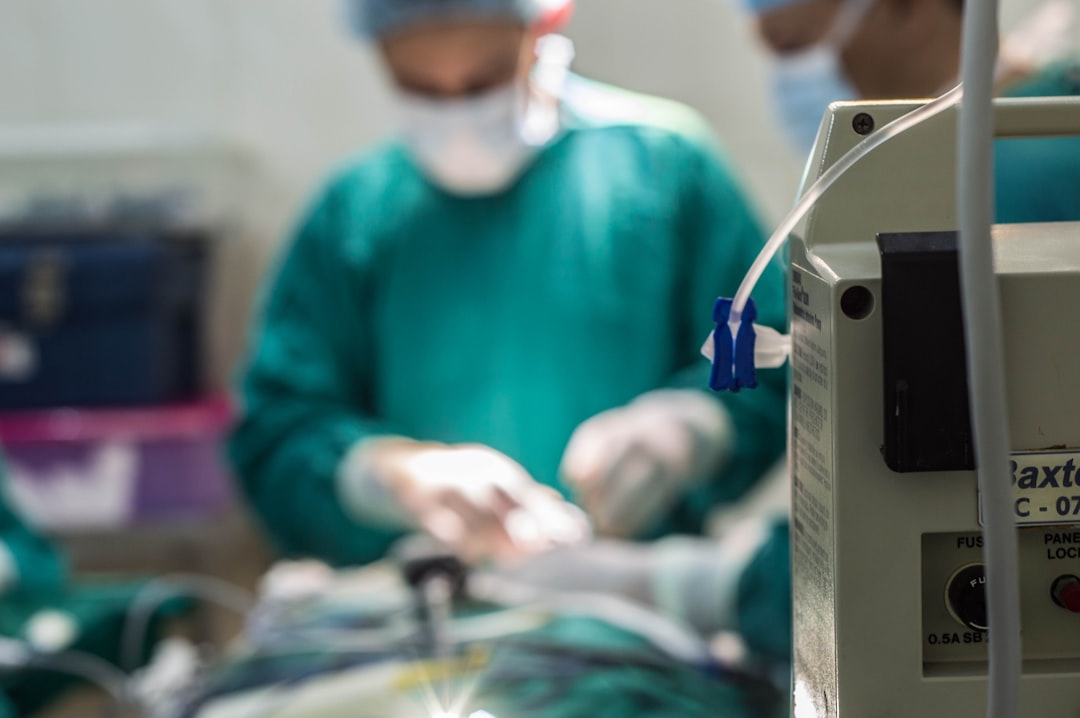Anaesthetist Kairehu
Anaesthetists give anaesthesia (gas or injections to prevent pain) during surgery and other procedures. They assess patients and resuscitate them if necessary.
Anaesthetists need to be registered with the Medical Council of New Zealand.
Anaesthetists may do some or all of the following:
- assess and treat patients before, during and after an operation, and plan their pain management
- talk to other medical specialists about patients' treatments
- decide on and administer anaesthesia (gas or injections to prevent pain) to patients
- monitor patients' vital signs (such as heart rate, blood pressure, temperature and breathing)
- resuscitate (revive) patients
- record details of drugs they give to patients
- teach medical staff and students about anaesthesia practice
- carry out research on new drugs and treatments.
Physical Requirements
Anaesthetists need to have good eyesight (with or without corrective lenses) and good hand-eye co-ordination.
Useful Experience
Useful experience for anaesthetists includes:
- working with the Red Cross or St John's Ambulance
- working in hospitals or other health-related work.
Personal Qualities
Anaesthetists need to be:
- accurate and careful, with an eye for detail
- able to work well under pressure
- good at communicating and inspiring confidence in others
- excellent at analysis and interpretation
- able to make good decisions, and solve problems
- aware of attitudes to medical treatment in different cultures
- able to work with other health care practitioners including nurses, surgeons, anaesthetic technicians and midwives.
Skills
Anaesthetists need to have knowledge of:
- the effects of anaesthetics and other drugs on the body, and how to treat allergic reactions
- diagnoses, medicines and treatments, and the effect these can have on different patients
- different diseases and illnesses
- anatomy and how the human body works
- how to use specialised equipment to give and monitor anaesthetics
- medical ethics and law
- how to resuscitate (revive) patients
- new research, treatments and practices in their field.
Conditions
Anaesthetists:
- usually work long and irregular hours, including on call, evenings, nights and weekends
- work in hospitals
- may travel nationally or internationally to attend conferences.
Subject Recommendations
A tertiary entrance qualification is required to enter further training. Useful subjects include NCEA Level 3 biology, chemistry, maths, physics, English and te reo Māori.
Anaesthetists can earn around $64K-$205K per year.
Pay for anaesthetists and registrars (those in training) varies depending on seniority, hours, location and how often they provide on-call or emergency cover.
- House officers (supervised junior doctors) who work for Te Whatu Ora can earn $64,000 to $145,000 a year.
- Registrars (trainee diagnostic radiologists can earn $80,000 to $205,000.
- Qualified anaesthetists working for Te Whatu Ora can earn $170,000 to $251,000 a year.
- Anaesthetists working in the private sector may earn more than this.
Sources: Association of Salaried Medical Specialists, 'New Zealand District Health Boards – Senior Medical and Dental Officers Collective Agreement, 1 April 2022 - 31 March 2023'; and Resident Doctors' Association, 'RDA and 20 District Health Boards Multi Employer Collective Agreement 17 March 2021 to 31 March 2024'.
Anaesthetists may progress to teach students and trainee anaesthetists at larger hospitals, or work in research and academic areas. They may also become senior consultants with responsibility for anaesthesia departments at hospitals.
Anaesthetists may specialise in areas such as:
- cardiac anaesthesia (during heart and lung surgery)
- obstetric anaesthesia (during childbirth)
- paediatric anaesthesia (for children)
- intensive care medicine
- pain medicine and related areas such as hyperbaric medicine (therapy that uses pure oxygen).
Years Of Training
13 years of training required.To become an anaesthetist you need to:
- complete the Health Sciences First Year programme at Otago University, or the first year of either the Bachelor of Health Sciences or Bachelor of Science in Biomedical Science at Auckland University
- complete a five-year Bachelor of Medicine and Bachelor of Surgery (MBChB) degree at Otago or Auckland University
- work for two years as a supervised junior doctor in a hospital
- complete five years of specialist training and pass examinations to become a Fellow of the Australian and New Zealand College of Anaesthetists.
You also need to be registered with the Medical Council of New Zealand.
- Vimeo website - NZ Society of Anaesthetists video on how to become an anaesthetist (Video - 1.15 minutes)
- University of Otago website - Health Sciences First Year programme
- University of Otago website - Bachelor of Medicine and Bachelor of Surgery
- University of Auckland website - Bachelor of Medicine and Bachelor of Surgery
- Australian and New Zealand College of Anaesthetists website - specialist anaesthetist training
The Vulnerable Children Act 2014 means that if you have certain serious convictions, you can’t be employed in a role where you are responsible for, or work alone with, children.

 Hagley Community College
Hagley Community College